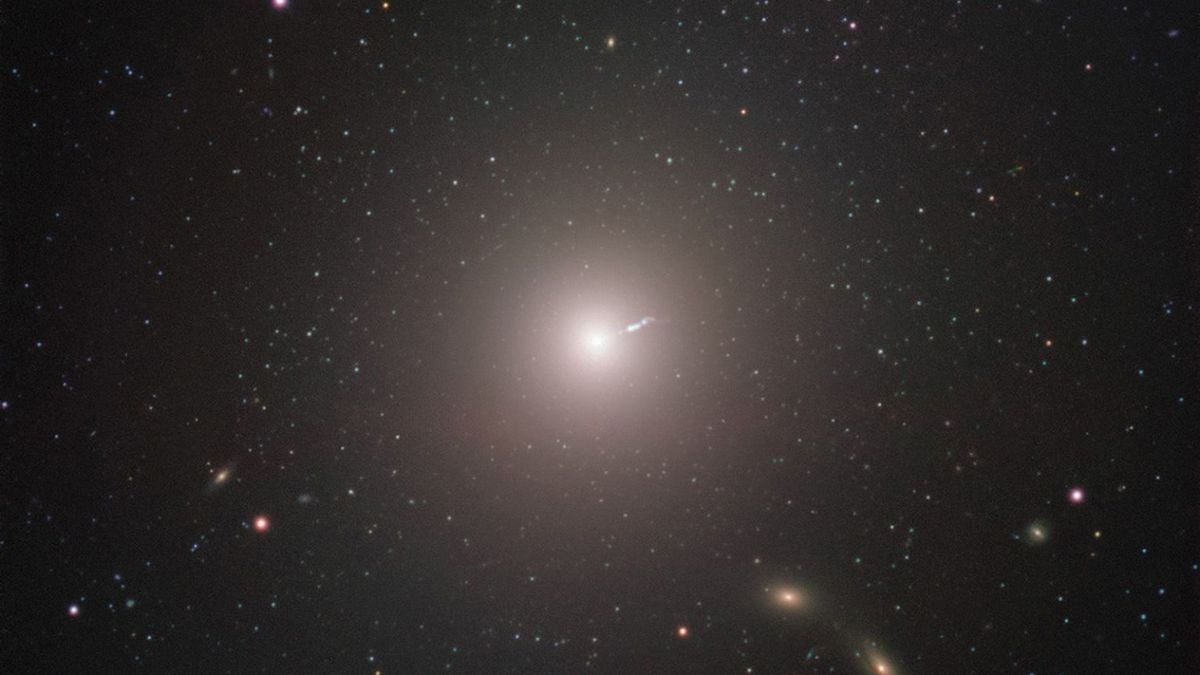Having a runny nose whenever you eat can be an annoying experience. Although this may not pose a serious health threat, it can still be disruptive. You may wonder why your nose runs everytime you eat. We talked to Meha Fox, M.D., an assistant professor in the department of otolaryngology at Baylor College of Medicine; David A. Gudis, M.D., chief of rhinology and anterior skull base surgery at Columbia University Irving Medical Center; Benjamin Tweel, M.D., the medical director for the department of otolaryngology at Mount Sinai Health System; and Michael Yong, M.D., a board-certified otolaryngologist and fellowship-trained neurorhinologist at Pacific Neuroscience Institute. Find out what causes a runny nose while eating and how to manage it if it’s causing a disturbance in your daily life.
Understanding the cause
A runny nose is a form of rhinitis, which indicates inflammation or irritation of the nasal cavity, explains Dr. David A. Gudis, chief of rhinology and anterior skull base surgery at Columbia University Irving Medical Center. Rhinitis is broadly categorized as allergic or nonallergic rhinitis, each with different triggers and symptoms such as nasal congestion, runny nose, sneezing, and itchy nose and eyes, says Dr. Meha Fox.
Allergic rhinitis
This is an inflammation in the nasal cavity triggered by various allergens. Common causes include seasonal allergens like grasses and tree pollen, as well as perennial allergens like dust mites, mold, and pet dander, notes Dr. Fox.
Nonallergic rhinitis
This type of rhinitis is not caused by allergens and includes various types such as gustatory rhinitis, vasomotor rhinitis, and idiopathic forms, adds Dr. Benjamin Tweel, the medical director for the department of otolaryngology at Mount Sinai Health System.
Gustatory rhinitis
If your nose runs when you eat, you may have gustatory rhinitis which is characterized by clear watery nasal discharge when eating or just before, according to Dr. Gudis.
Vasomotor rhinitis
This type can be triggered by changes in temperature, humidity, and air pressure, resulting in a clear watery nasal discharge without congestion, sneezing, or itching, Dr. Gudis explains.
Diagnosis and treatment
Self-diagnosis can be possible to some extent but for accurate diagnosis, it’s best to consult a physician. Different treatment options are available for various kinds of rhinitis, depending on your associated symptoms and their impact on your quality of life.
Treatment options may include topical medications like sprays and rinses, nasal sprays such as ipratropium, antihistamine pills or nasal sprays, and more recently, procedures like RhinAer which can help alleviate symptoms.
When to seek medical help
If you experience persistent or bothersome symptoms, or if your runny nose is thick or discolored, it’s best to consult a healthcare professional. Similarly, if you have any chronic congestion, loss of smell, difficulty breathing through the nose, or signs of a spinal fluid leak, seeking medical care is highly recommended.
Understanding the cause and seeking appropriate treatment are crucial in managing a runny nose while eating. If you are unsure or concerned about your symptoms, do not hesitate to consult a healthcare professional for guidance. Madeleine, Prevention’s assistant editor, has a history with health writing from her experience as an editorial assistant at WebMD, and from her personal research at university. She graduated from the University of Michigan with a degree in biopsychology, cognition, and neuroscience—and she helps strategize for success across Prevention’s social media platforms.













